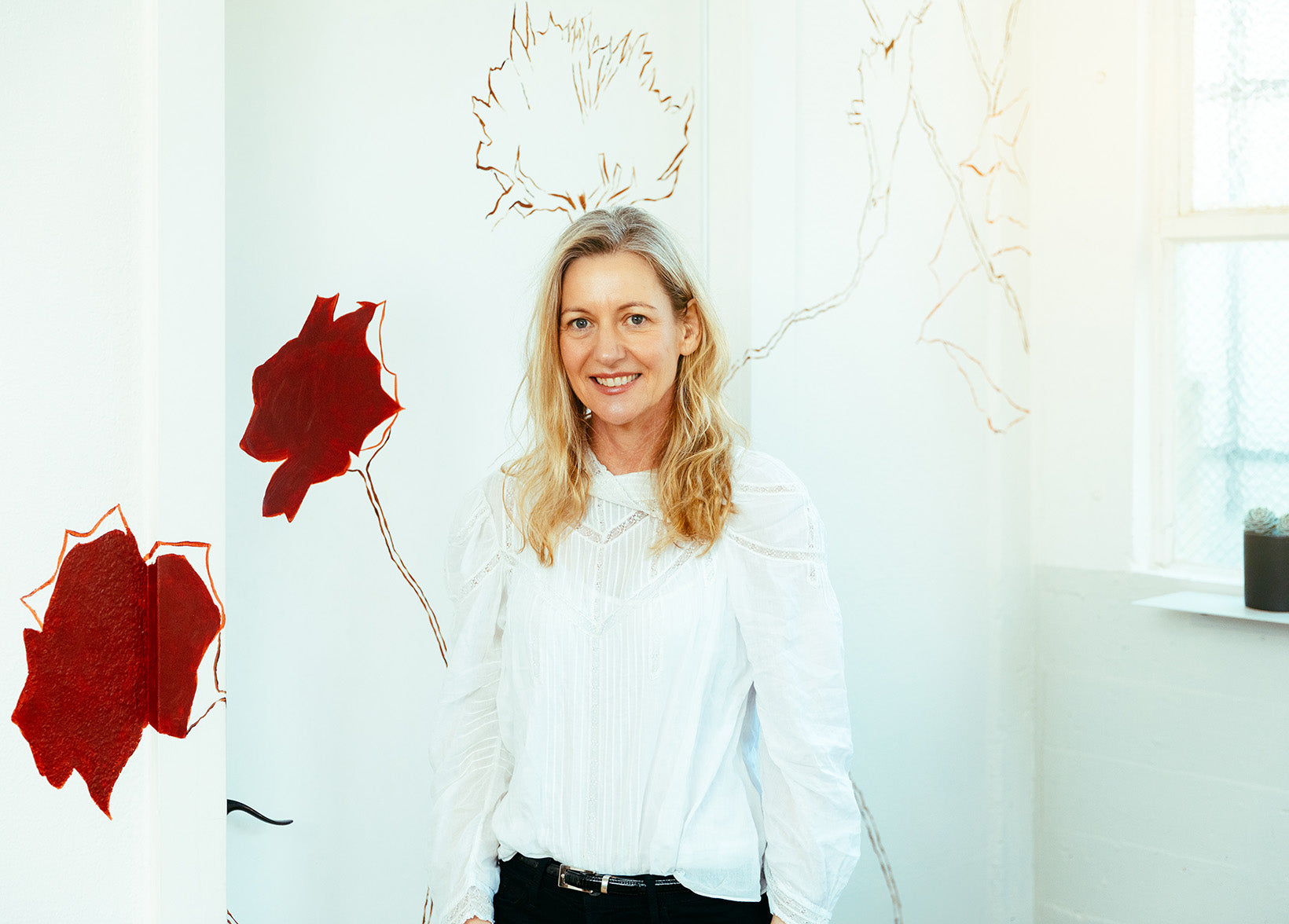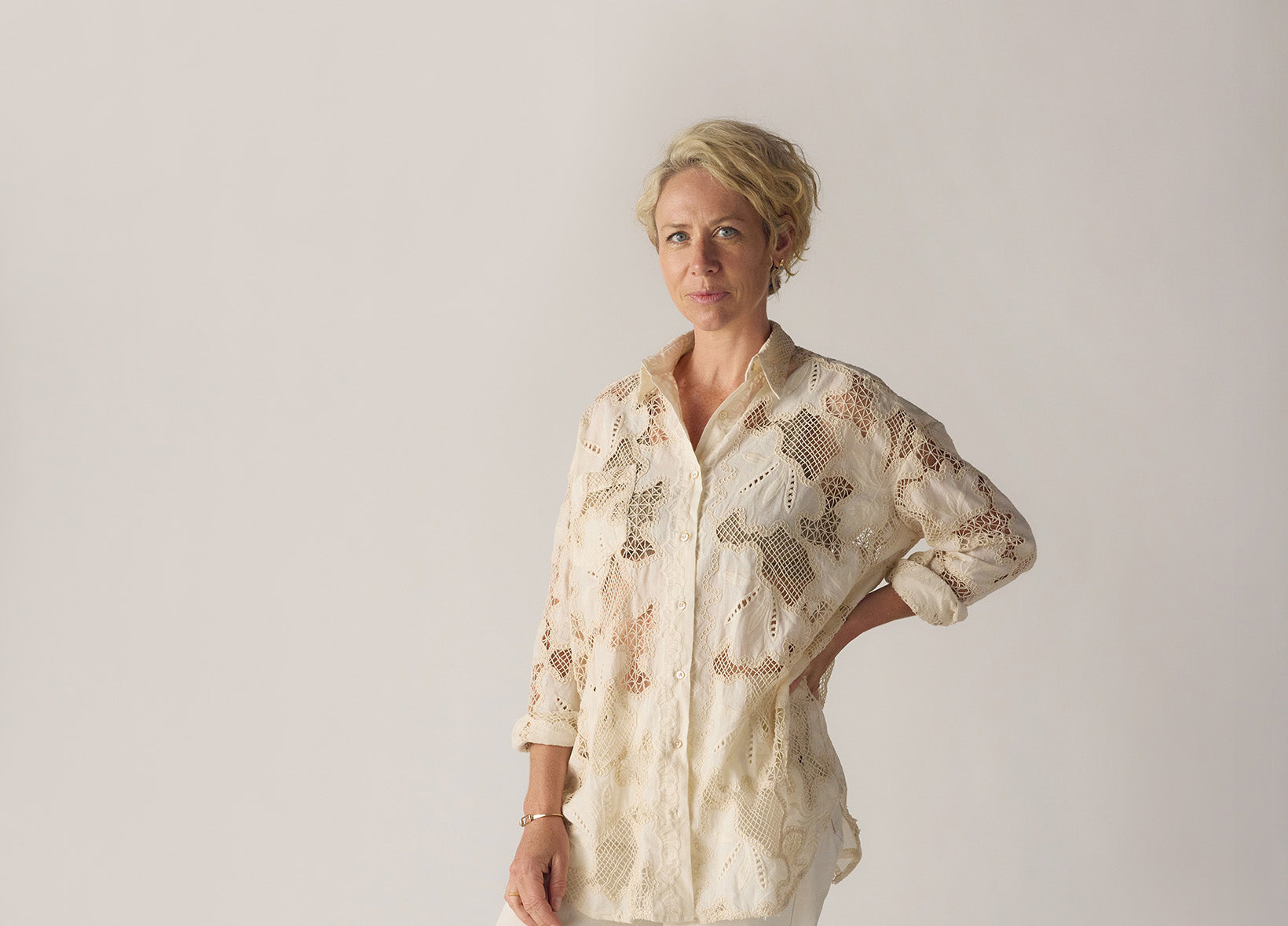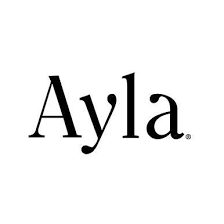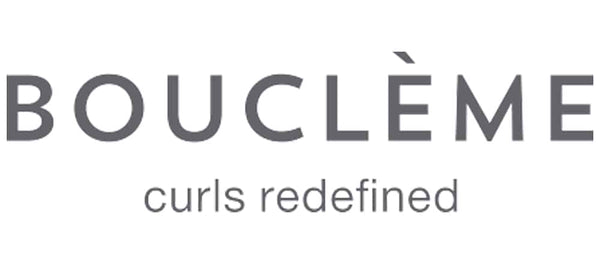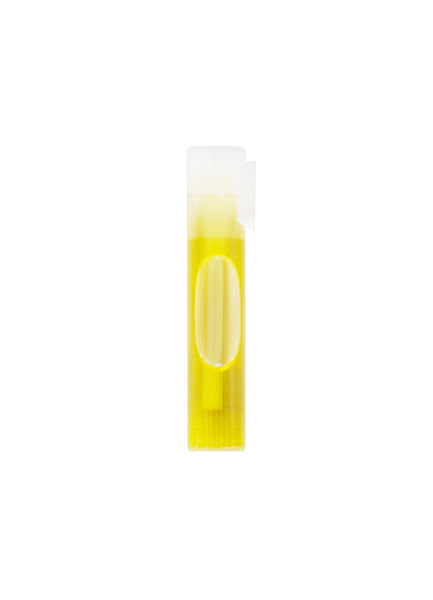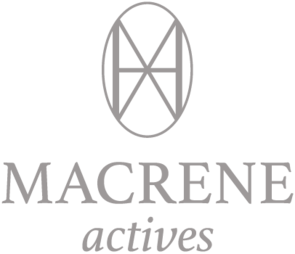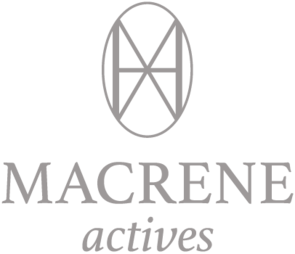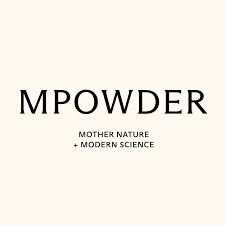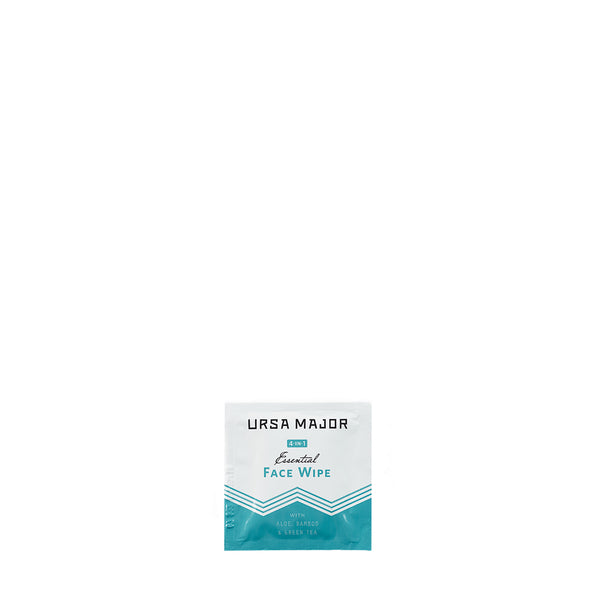Recent Articles
 (Please, don't just call it "herbal tea")
(Please, don't just call it "herbal tea")
Life can throw a lot of little barbs at us. Maybe it’s trouble sleeping; maybe it’s a sense of sluggishness after overindulging or overworking; maybe it’s fatigue due to a cold, or the process of fighting off someone else’s; maybe it’s the effect of hormones that are just a wee bit off kilter.
Most of the time, it feels as though these little barbs don’t warrant treatment with major medications, but they can get in the way. And no one likes to feel not-quite-right, or look less-than-vibrant as a result.
It’s for this reason that, whenever I’m in France, I make a point of visiting herbalist shops (herboristeries). Often staffed by naturopaths, they smell fantastic — fresh, herbal, natural — and while they receive visitors constantly, their hushed environments ensure that each client can get the unhurried help they need.
A few years ago, I became particularly taken with the way plant medicines are used in France. It began when I visited an herboristerie in search of something that might soothe joint pain; I left with a bag of a dried herb I’d never heard of before and instructions to make it into an infusion (what we’d typically call an herbal tea, but these infusions are much more potent).
Then, just for fun, I visited a pharmacy and asked the pharmacist what she’d suggest. She immediately plucked a tube of gel off the shelf, told me that it was incredibly effective, and pointed to its active ingredient: the same herb that was in my infusion.
In the US, although herbal medicine is fairly widely used, it’s not integrated with the general healthcare system, and a situation like this probably wouldn’t occur. But in France and many countries within the EU, herbal medicine is not only more popular, but also better integrated. And herbal infusions — which are minimally processed and considered to be the most gentle way to experience the benefits of a given medicinal plant — are regularly reached for: one might drink a hot lemon thyme infusion with honey, for example, before opening a bottle of Robitussin.
It's an extra level of easy, effective health support that we often don’t think of — a way of gently filling the gaps in your diet and regularly bolstering your health without popping a pill or taking a pharmaceutical product that might have undesirable side effects.
This led me to think, “All of us here in the US deserve more than an occasional tea bag that contains minute amounts of herbal dust!” So, I dug in: I got a certificate in Medicinal Plants from Cornell for some foundational knowledge, then started to chat with any French herbalists (and herbalist-pharmacists) who’d talk to me. Luckily, they did, and I collected a list of medicinal plants to investigate for Ayla.
The next issue: I had to find a great supplier of these plants, one that could sit proudly among the other excellent brands and products we carry at Ayla. And with La Ferme Saint-Sylvain — a small family farm that grows organic medicinal plants with near-maniacal devotion, on the same level as our friends’ at Les Fleurs de Bach, or Ian’s with the kelp in our Dara Kennedy products, or Carlo’s with the salt in our Sea Soak — the search was over.
From sowing to planting, weeding, harvesting, sorting, and packaging, every step of the process at La Ferme Saint-Sylvain is artisanal, conducted with great care to preserve the optimal benefits of each particular crop. Thanks to its rich soil and mild, humid climate, the farm’s medicinal plants develop in optimal conditions, resulting in beautiful, aromatic, potent varieties with an unparalleled depth of flavor.
Unlike the herb I took for my joint pain, which is a little complicated, the infusions from this farm that we’re offering at Ayla are easy yet efficacious. I chose them based on their specific benefits, which cover things that I know many of you could use a little help with, but I also chose them because they’re considered very safe for any adult to consume, barring any specific allergies.
So, in the collection of herbal infusions from La Ferme Saint-Sylvain, you’ll find spearmint for its exceptional taste and hormone-balancing benefits (ladies, take note); nettle for its incredible anti-inflammatory and cardiovascular health benefits (Annee de Mamiel often suggests it to her clients for its cleansing properties); lemon thyme for its immune-boosting, cough-alleviating properties; and linden, the bedtime nervous-system soother that my mom, who went to school in France, always swore by for a good night’s sleep. Somehow, it seems so much more elegant than chamomile.
And, to ensure that it’s as pleasant and easy for you to make these infusions as it is for you to drink them, I found what I think is the perfect infuser mug to brew loose herbs for maximum potency. (This is, after all, herbal medicine.) I keep mine on the counter next to the canisters of all my herbal infusions — and alongside the Fellow electric tea kettle I’m devoted to, because I invariably forget about the kettle I’ve put on the stove until it whistles alarmingly, I run frantically to get it, I stub my toe, etc. Electric kettles: so much easier.
And the extra bonus, beyond the proven benefits of each one of these medicinal plants: you’ll probably end up drinking more water than you ever have before, which your skin will thank you for.
With their ability to gently but markedly move life's little barbs aside, these infusions have changed my day-to-day routine so much for the better, and I hope they’ll do the same for you. Check them out here.
xx
Dara
PS. In case you were wondering: the way we use the beautiful Greek herbs from Daphnis & Chloe and the incomparable Happy Tea also makes them fall under the "herbal infusion" category. Though Happy Tea and The Office Blend, in particular, are often enjoyed just as a soothing, tasty hot beverage, their benefits are no joke, either. Also excellent: the manuka honey we sometimes add to our infusions for a little sweetness. (You'll find them all here.)

